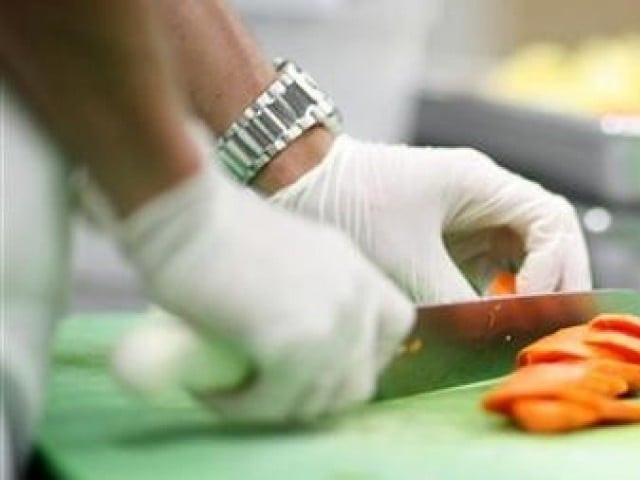Islamabad trails Pindi in food safety
IFA struggles to enforce food safety standards due to severe resource constraints

The Islamabad Food Authority (IFA) faces serious operational challenges to carrying out effective food safety enforcement, hampered by limited staff, minimal infrastructure and the absence of essential testing facilities.
In sharp contrast, the Rawalpindi Food Authority (RFA) operates with significantly better resources, including more vehicles, trained personnel and fully equipped labs, enabling it to enforce food safety regulations more efficiently across the district.
Both the Islamabad and Rawalpindi Food Authorities are tasked with regulating an estimated 30,000 food businesses each. However, the difference in their capacity to enforce food safety standards is striking.
The IFA operates with just one field vehicle and 10 technical staff members. It lacks a food testing laboratory, training institute, mobile food labs and a designated public relations officer. While the number of non-technical staff is reported to range between 20 and 50, the authority's limited technical expertise and lack of mobility severely restrict its operational reach.
In contrast, the RFA is equipped with 10 vehicles, 30 technical staff, a dedicated food testing lab, training school, and two mobile testing labsallowing for routine field inspections and on-the-spot sampling.
An official of IFA acknowledged the constraints, "Our team covers the city as best as possible with the available resources. We're committed to ensuring food safety despite the limitations."
However, food vendors in various parts of Islamabad, particularly Farooqia Market in Sector F-6, say that in addition to operational shortages, the licensing process is being disrupted by external interference. Multiple shopkeepers alleged that Khalid Chaudhry, identified as a former member of the Islamabad Chamber of Commerce, discourages businesses from obtaining food licenses. They claim he uses the name of the Chief Commissioner to apply pressure and has reportedly misbehaved with inspection teams. "His interference delays the process and affects everyone," said a local trader. "He's making it difficult for us to comply with the law.
























COMMENTS
Comments are moderated and generally will be posted if they are on-topic and not abusive.
For more information, please see our Comments FAQ